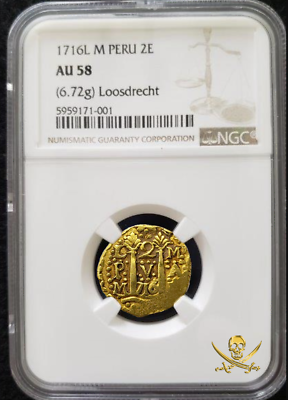
Introduction
The Peru Two refers to the infamous case involving two British women, Michaella McCollum and Melissa Reid, who were arrested in 2013 for attempting to smuggle over 11 kilograms of cocaine from Peru to Spain. This high-profile incident not only attracted media attention, but it also raised questions regarding drug trafficking laws, international diplomacy, and the justice system.
Background of the Case
On August 6, 2013, McCollum and Reid were detained at Lima’s Jorge Chávez International Airport after an alert revealed that their luggage contained large amounts of cocaine hidden in food packages. The pair initially claimed they were on holiday, but later admitted to being coerced into transporting drugs partially due to financial pressures and threats to their safety.
The case quickly garnered significant media interest in the UK, with both women portrayed as young party-goers caught in a desperate situation. Their legal battles began as they faced charges of drug trafficking, which could have resulted in lengthy prison sentences in Peru.
Legal Proceedings and Sentencing
In December 2013, McCollum and Reid were sentenced to six years and eight months in prison after pleading guilty to drug trafficking. Their sentencing highlighted the severity of drug laws in Peru, where trafficking offences carry heavy penalties. The case showcased the stark difference in perspectives on drug-related offences between countries.
Throughout their incarceration, both women received substantial media coverage, which included interviews where they expressed their apologies and regret. Their plight resonated with many, resulting in a public debate on drug policies and legal repercussions, especially for foreign nationals.
Repatriation and Aftermath
After serving time, both women were repatriated to the UK in 2016, sparking a wide range of discussions concerning treatment of prisoners abroad and how young people can be exploited in drug trafficking networks. McCollum has since opened up about her ordeal and the lessons learned, while Reid has kept a relatively low profile.
Conclusion
The Peru Two case is significant not only for its legal implications but also for its reflection on social issues surrounding drug trafficking. It serves as a stark reminder of the dangerous environments many young individuals can find themselves in, particularly related to illicit drug markets. As global discussions about drug laws and human rights continue, this case remains a pivotal point for analysis and reform, highlighting the need for more transparent support and education on the dangers of drug trafficking.
You may also like

Current Trends in Crime: An Overview

The Sandie Peggie Employment Tribunal: Latest Developments

The Life and Crimes of Rehman Dakait
SEARCH
LAST NEWS
- Remembering Wendy Richard: The Promise to Co-Star Natalie Cassidy
- How Did Anglian Water Achieve an ‘Essentials’ Rating for Mental Health Accessibility?
- Shai Hope Leads West Indies in T20 World Cup Clash Against South Africa
- What We Know About Weston McKennie: Future at Juventus and Past at Leeds
- What We Know About the Upcoming Live Nation Antitrust Trial